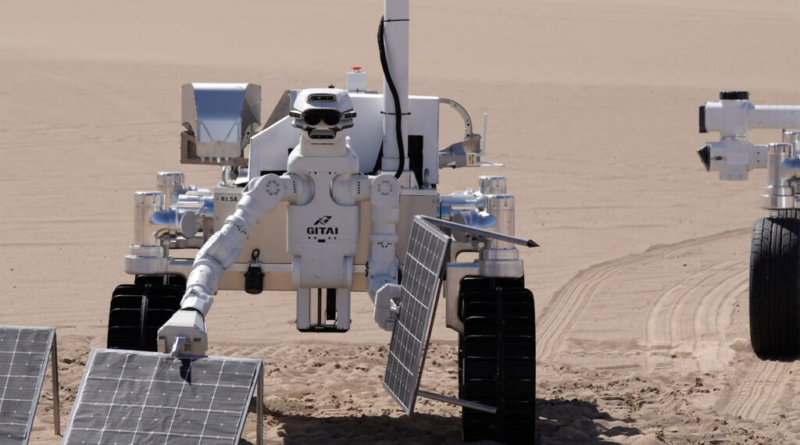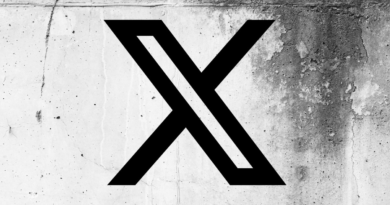Gitai closes additional funding in advance of demo mission outside the ISS
Space robotics startup Gitai has closed an additional $15 million in funding, a little over three months after announcing a $30 million Series B extension round to advance its technology for the moon.
The new funding will enable the company to increase its California-based headcount and grow its relationships with NASA, commercial space companies based in the U.S., and the Department of Defense, Gitai CEO Sho Nakanose said.
Gitai, which also has offices in Japan, aims to provide the labor force for space: inexpensive robots capable of construction and maintaining space colonies and other infrastructure. Its first products are a two-meter-long “inchworm” robotic arm designed specifically for use in space stations, and a lunar rover to enable infrastructure development.
When combined, Gitai says the arm-plus-robot will be capable of performing many of the requisite task to explore the moon and build a lunar base, including excavation, inspection, assembly and welding.
The seven-year-old company tests many of its technologies in simulated environments, including a simulated lunar surface environment in the Mojave Desert and a mock moon regolith chamber at its California office. Gitai has also completed technology demonstration aboard the International Space Station’s Nanoracks Bishop Airlock, where one of the startup’s autonomous robots successfully executed simple capabilities like structure assembly and operating switches and cables.
As a next step, the company is preparing to deploy an 1.5-meter-long autonomous robotic arm system called “S2” outside the Airlock next year. Provided that the arm passes NASA’s final safety review, Gitai aims to launch the robot on a cargo resupply mission scheduled for December. The company is also in discussions to send its rover and inch worm to the moon as soon as 2026, to demonstrate the construction of communication antennas and solar panels, Nakanose said.
This most recent funding includes participation from Japanese firms Green Co-Invest Investment Limited Partnership, Pacific Bays Capital’s Pacific Bays Fund 1 & 1A Investment Limited Partnerships, and MSIVC 2021V Venture Capital Investment Limited Partnership. Gitai also secured funding via a loan from Japanese bank MUFG Bank.




